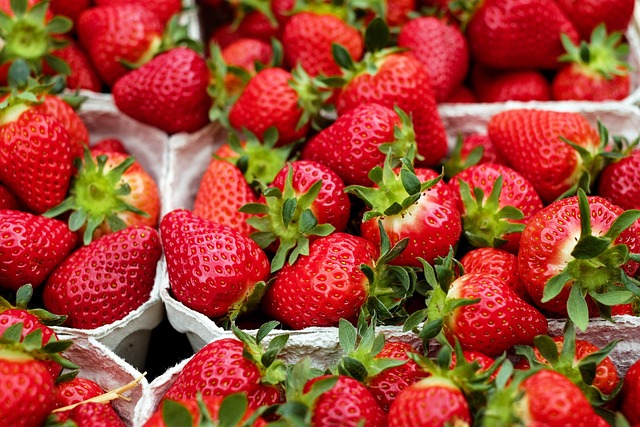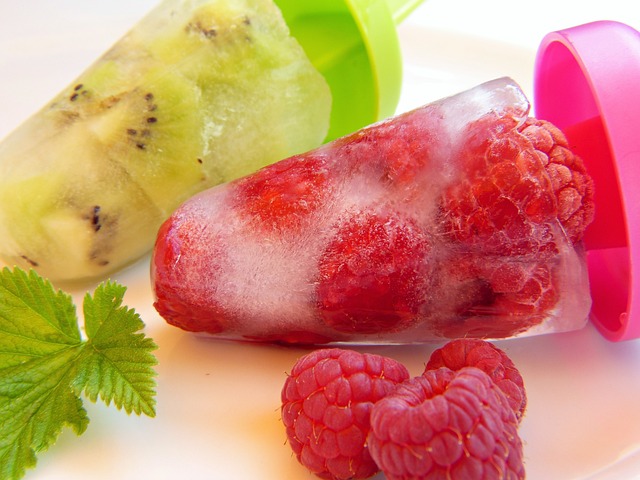Beyond Yogurt: Exploring Alternative Sources of Probiotics for Optimal Gut Flora
Probiotics have gained significant popularity in recent years due to their positive impact on gut health. While yogurt has long been celebrated as a natural source of probiotics, there are numerous alternative sources available that can contribute to achieving optimal gut flora. In this article, we will explore some lesser-known but equally beneficial sources of these beneficial bacteria.
1. Fermented Vegetables
Fermented vegetables like sauerkraut, kimchi, and pickles are excellent sources of probiotics. During the fermentation process, bacteria naturally present on the vegetables convert sugars into lactic acid, creating an environment conducive to the growth of beneficial bacteria. These probiotic-rich foods not only enhance the flavors of your meals but also help support a healthy gut.
2. Kombucha
Kombucha is a fermented tea that contains a variety of probiotic strains. This popular, bubbly beverage has been consumed for centuries due to its potential health benefits. The fermentation process involves the use of a SCOBY (Symbiotic Culture of Bacteria and Yeast), which transforms the tea into a potent probiotic drink. Kombucha is available in various flavors and can be a tasty addition to your daily regimen.
3. Tempeh
Tempeh is a traditional Indonesian food made from fermented soybeans. Rich in protein and probiotics, it offers a wealth of health benefits. During fermentation, natural cultures of bacteria break down the soybeans, making nutrients more digestible and increasing the probiotic content. With its nutty flavor and firm texture, tempeh can be used as a delicious meat substitute in various dishes.
4. Miso
Miso is a staple in Japanese cuisine and is known for its probiotic properties. It is made by fermenting soybeans with salt and a fungus called koji. The fermentation process produces a paste that can be used to make flavorful soups, sauces, and marinades. Miso contains several beneficial probiotic strains that can help improve digestion and support a healthy gut.
5. Fermented Dairy Alternatives
If you prefer dairy-free options, there are fermented alternatives available that offer probiotic benefits. Foods like coconut milk yogurt, almond milk yogurt, and cashew milk yogurt are excellent choices. These vegan-friendly options provide the benefits of probiotics without the lactose or dairy content found in traditional yogurt.
6. Kvass
Kvass is a traditional fermented beverage commonly consumed in Eastern Europe. It is made from rye bread, beets, or other fermented fruits or vegetables. Kvass is rich in beneficial bacteria and can provide valuable nutrients. Its slightly tangy flavor makes it an interesting and refreshing probiotic drink to include in your diet.
7. Fermented Soy Products
In addition to tempeh, various other fermented soy products, such as natto and miso, contain probiotic strains. Natto, a Japanese dish made from fermented soybeans, has a unique flavor and texture and is particularly rich in the probiotic Bacillus subtilis. These soy-based products can be a great addition to a balanced diet for an extra probiotic boost.
8. Pickled Fruits
Pickled fruits, such as pickled plums, provide a surprising source of probiotics. The pickling process naturally encourages the growth of beneficial bacteria, making these tangy treats not only delicious but also beneficial for your gut health. Enjoy them on their own or use them to complement a charcuterie board for an added probiotic punch.
While yogurt is a well-known probiotic source, there are far more options to explore when it comes to obtaining these beneficial bacteria. Incorporating a variety of probiotic-rich foods into your diet can help optimize your gut flora, improve digestion, and support overall well-being. So, go ahead and step beyond yogurt to discover the many alternative sources of probiotics that can contribute to a happier, healthier gut.







